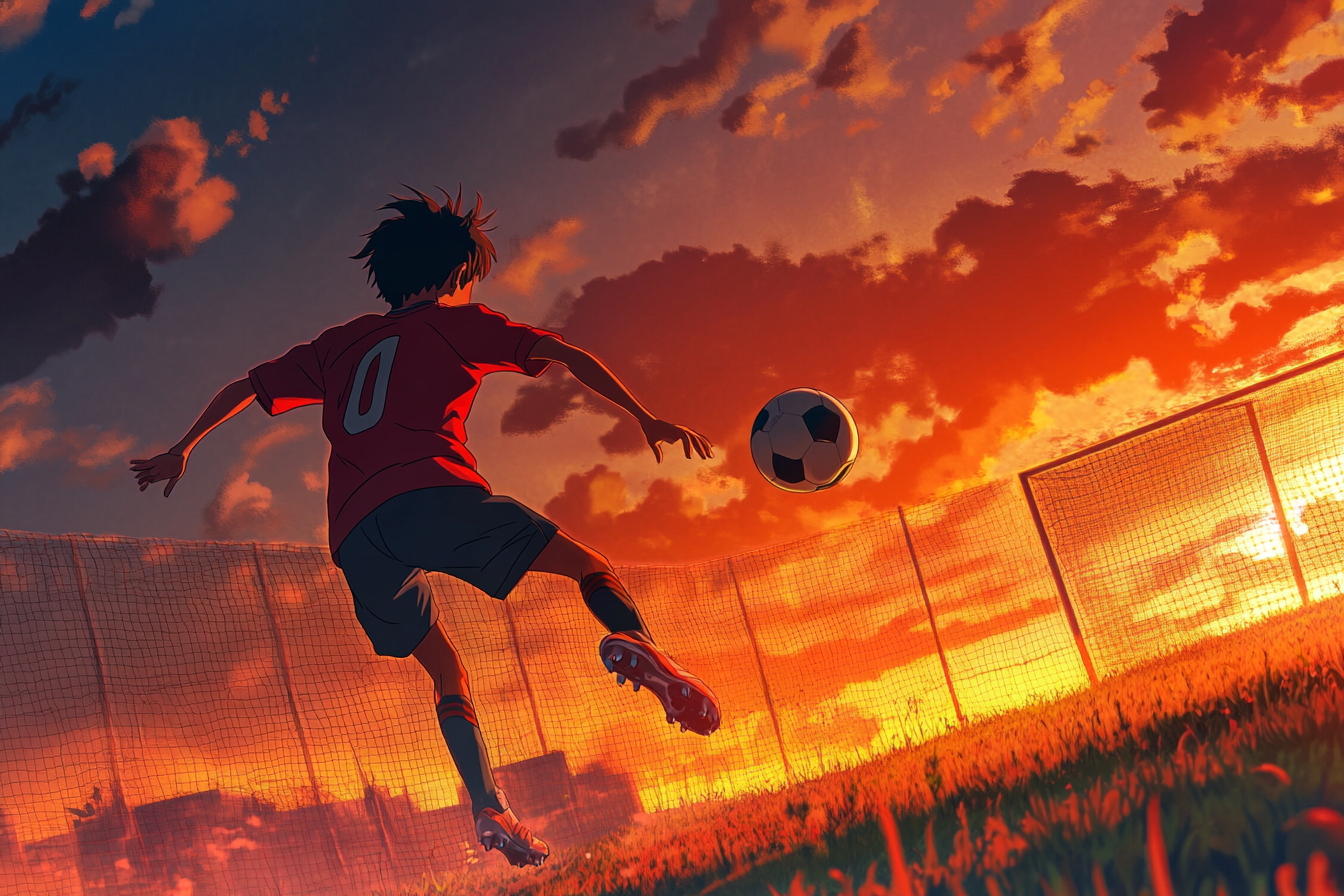How to Become More Disciplined in Soccer: 9 Powerful Habits
Talent gets you noticed. Discipline gets you signed.
Self-discipline in soccer means doing the right things, on and off the field, even when you don’t feel like doing them because you understand that consistent effort, even through small actions, leads to long-term success. Discipline is about training when you don’t want to, when no one’s watching, and when you have no motivation.
Becoming a more disciplined soccer player is key to unlocking your full potential, especially if you want to compete at higher levels. To become a better player not only do you need to develop talent and all of the fundamental skills of the game including, soccer IQ, decision making, awareness, composure, first touch, passing, dribbling, shooting, and defending, but you also need to be consistent to keep improving everyday.
In the end, self-discipline isn’t about being perfect, it’s about being consistent and looking to improve even just 1% daily. In this blog post, I will go over some powerful habits that will help you become more disciplined as a soccer player improve your performance.

How do you become more Disciplined in Soccer?
Self-discipline is the quiet commitment to your ambitions , showing up, staying focused, and giving it your best, regardless of how you feel in the moment. But remember, even though discipline with your training and recovery is important, it is just as important to not overtrain and to focus on training smarter, not training harder.
Training smarter means prioritizing improving the things that are actually going to make you a better player which includes your talent, tactical understanding, mindset, athleticism, fitness, and recovery, which involves sleep, nutrition, hydration, and EMF exposure.
Below are 9 tips to help you become a more disciplined soccer player while training smarter and maximizing your development both on and off the field.
Set Goals Using the SMART Acronym
When setting goals in soccer, both short and long-term goals, it is very important to follow the SMART acronym (Specific, Measurable, Achievable, Relevant, and Time-bound) so you can track progress and have something to work for. Physically write your goals down, in a journal or notebook and use this as a foundation to create a plan and take action.
Create a Plan and Take Action
A goal without a plan or action is just a wish. Once you have set your main goal, along with short-term goals, which should definitely include training in a team environment, playing pickup games, and doing individual training sessions weekly, map out a step-by-step plan take action.
Commit to executing your plan and stay consistent because your actions will always speak louder than words.
Develop Positive Habits On and Off the Field
Every action you make from the minute you wake up until the minute you fall asleep will affect your performance whether that is in training, games, or everyday life. Be intentional with your choices and build daily habits that support growth both as a player and as a person.
Have Set Routines
Building discipline starts with having consistent daily routines that align with your goals and support your overall development. Create structure in your day by establishing a clear morning, training, recovery, and nighttime routine that fits your lifestyle, but make sure to vary your routine once in a while to prevent burnout, stay mentally fresh, and continue challenging yourself in new ways.
These routines could involve movement, exercise, meditation, going in nature, reading books, or anything else that helps you either get focused, calm, or both.
Avoid Instant Gratification and Focus on Delayed Gratification
True discipline comes from learning to control your dopamine and staying patient with your journey. As a soccer player, train yourself to enjoy the slow, steady progress that leads to long-term success and satisfaction instead of chasing temporary highs like junk food, social media, or other quick rewards.

Identify Your Strengths and Weaknesses
No matter where you are in your journey, take a step back and evaluate your game honestly, whether that is by reviewing footage or getting feedback from a coach or mentor. Once you’ve identified your strengths and weaknesses, focus on improving your weaker skills while continuing to refine the qualities that already make you stand out.
Push Beyond Your Comfort Zone
Growth happens when you challenge yourself beyond what feels comfortable and doing things that are hard for you. Whether that is going on trial or playing against a higher-level team, these moments are essential for developing new skills and building the discipline needed to become a better soccer player.
Find Accountability and a Support Network
Next, surround yourself with people who will provide guidance when you’re struggling with motivation and genuinely celebrate your wins with you. Your teammates, coaches, friends, and family all play a crucial role in helping you stay committed to your long-term goals because they provide you with a sense of urgency, accountability, and encouragement to keep pushing forward even when things get tough.
Be Patient and Stay Committed
The process of becoming a disciplined soccer player takes time, and you will not see immediate results after one night. Success in soccer comes to those who understand that consistent daily practice, patience, and trust in what they’re doing are more important than short term wins or quick improvements, even when progress feels slow.
Final Thoughts
Becoming a more disciplined soccer player isn’t about making drastic changes overnight, but rather committing to small, consistent actions that compound over time and lead to long-term success both on and off the field. Remember, discipline is what separates good players from great ones, so stay patient with the process, trust your training, and keep showing up even when progress feels slow because that’s exactly when your commitment matters most.

FAQs
How does soccer teach you discipline?
Soccer teaches players discipline by requiring consistent practice, punctuality, and commitment to your team even when you don’t feel motivated, which builds self-control and responsibility both on and off the field. Through regular training sessions, following your coach’s guidance, and pushing through difficult moments, you develop mental strength and work ethic that can be used in any activity you do outside of soccer.
What is the best way to stay consistent with mindset training in soccer?
The best way to stay consistent with mindset training in soccer is to use simple habits like journaling, visualization, and positive self-talk on a regular basis. Players can also use tools such as a soccer training journal, a performance tracker, a mental training book, and other mental training tools for soccer players to help make their mindset work more structured, consistent, and measurable.

